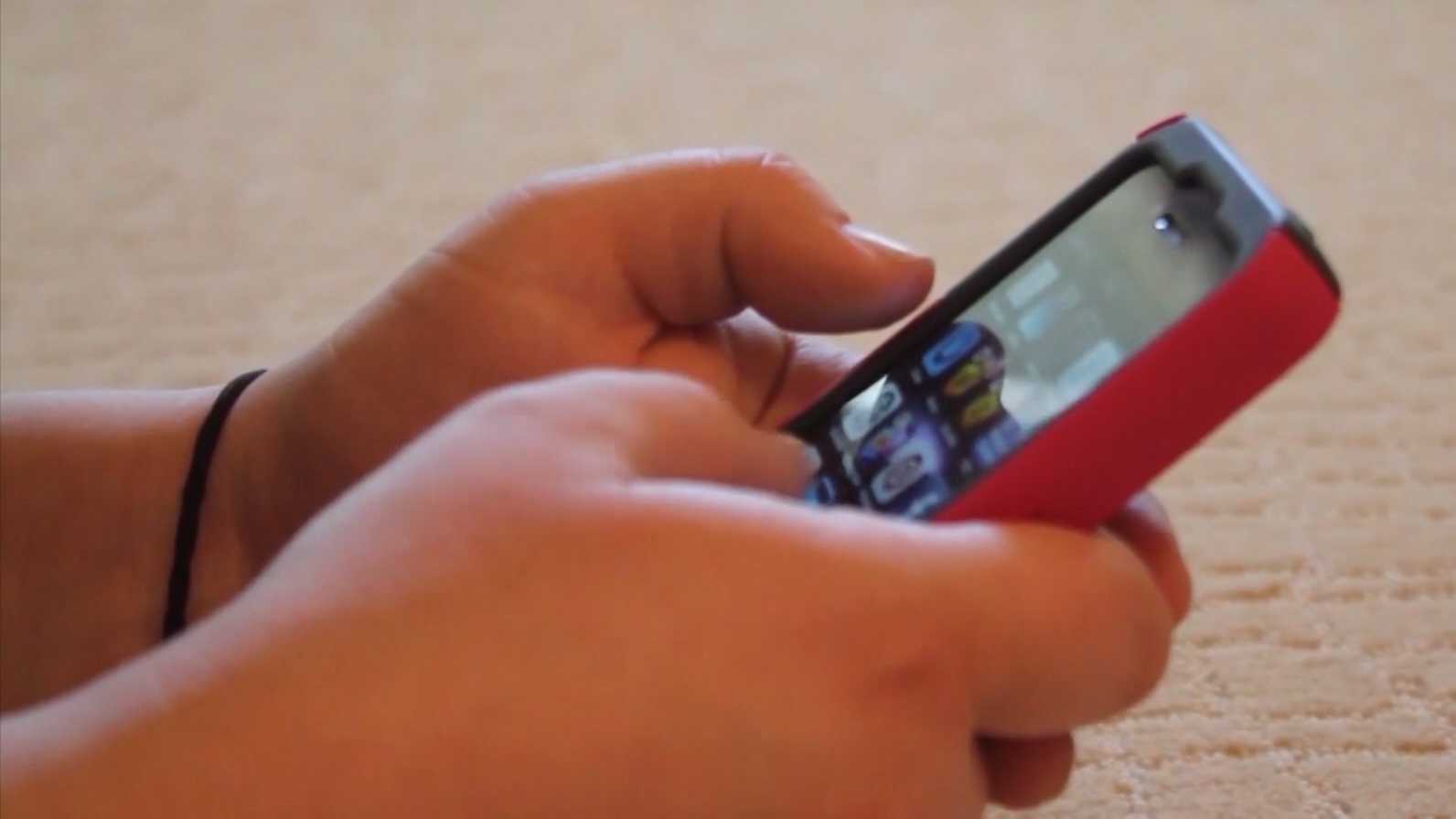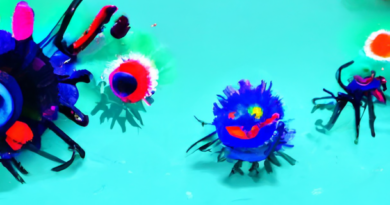Social media playing role in COVID-19 vaccine hesitancy among teens – WCVB Boston

There is concern that misinformation and conspiracy theories being shared on social media are leading to COVID-19 vaccine hesitancy among teenagers.In Massachusetts, the concern is high because all residents age 16 and older are eligible to be vaccinated against the coronavirus.”There are adults on TikTok trying who are trying to convince kids that the government is trying to insert chips into the vaccines,” said Lila Hallisey, a sophomore at Natick High School.Hallisey and her mother, Leigh, don’t buy into the conspiracy theories but understand that a lot of teens do because social media is where they turn for news.”Don’t be so quick to dismiss where your kids are getting their information from, because it is valid and important to them,” Leigh Hallisey said.Julie Chan, a certified pediatric nurse practitioner, does a lot of COVID-19 vaccine education with high school students through the Lynn Community Health Center, and she suggests that the tone parents take when talking about misinformation with their teenage children is very important.”Teenagers, especially, they’re curious. They’re learning how to navigate this world,” Chan said. “So giving them the respect of saying, ‘Well, where is this coming from? Why do you think this?’ and going ‘OK, your concerns are valid. That’s OK, but they’re not necessarily based in science and facts,’ (is important).”Studies show that getting as many eligible people vaccinated as possible is critical to stopping the spread of COVID-19.”Even though this disease is less severe in teenagers and in children, it doesn’t mean that there aren’t many cases of teenagers and children who suffer long-term consequences,” said Dr. Richard Malley, of Boston Children’s Hospital. “Their lungs don’t work well. They end up with intense fatigue, and other symptoms they don’t understand.”Experts say talking about misinformation together, at home and in school, and guiding teenagers toward trusted sources of information are crucial steps.Massachusetts vaccination progress
There is concern that misinformation and conspiracy theories being shared on social media are leading to COVID-19 vaccine hesitancy among teenagers.
In Massachusetts, the concern is high because all residents age 16 and older are eligible to be vaccinated against the coronavirus.
Advertisement
“There are adults on TikTok trying who are trying to convince kids that the government is trying to insert chips into the vaccines,” said Lila Hallisey, a sophomore at Natick High School.
Hallisey and her mother, Leigh, don’t buy into the conspiracy theories but understand that a lot of teens do because social media is where they turn for news.
“Don’t be so quick to dismiss where your kids are getting their information from, because it is valid and important to them,” Leigh Hallisey said.
Julie Chan, a certified pediatric nurse practitioner, does a lot of COVID-19 vaccine education with high school students through the Lynn Community Health Center, and she suggests that the tone parents take when talking about misinformation with their teenage children is very important.
“Teenagers, especially, they’re curious. They’re learning how to navigate this world,” Chan said. “So giving them the respect of saying, ‘Well, where is this coming from? Why do you think this?’ and going ‘OK, your concerns are valid. That’s OK, but they’re not necessarily based in science and facts,’ (is important).”
Studies show that getting as many eligible people vaccinated as possible is critical to stopping the spread of COVID-19.
“Even though this disease is less severe in teenagers and in children, it doesn’t mean that there aren’t many cases of teenagers and children who suffer long-term consequences,” said Dr. Richard Malley, of Boston Children’s Hospital. “Their lungs don’t work well. They end up with intense fatigue, and other symptoms they don’t understand.”
Experts say talking about misinformation together, at home and in school, and guiding teenagers toward trusted sources of information are crucial steps.
Massachusetts vaccination progress
*** This article has been archived for your research. Find the original article here ***


